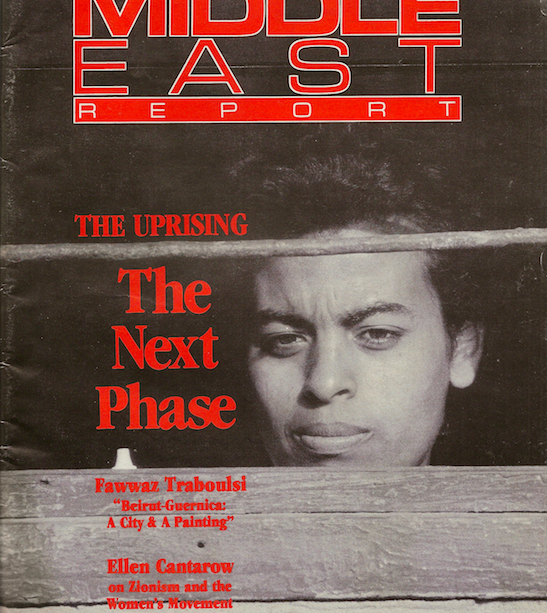The Significance of Zionism in Contemporary Context

Introduction
Zionism, a movement that emerged in the late 19th century, has played a pivotal role in shaping contemporary discussions about Israel and Palestine. It encompasses various ideologies and practices aimed at establishing and supporting a Jewish national homeland. Given the ongoing conflict in the region and its global ramifications, understanding the historical and modern relevance of Zionism is crucial for comprehending current events.
Historical Background
The roots of Zionism can be traced back to the 1880s when Jewish communities in Europe, facing persecution and anti-Semitism, began advocating for a return to their ancestral homeland in Palestine. The movement gained momentum with figures like Theodor Herzl, who organized the First Zionist Congress in 1897, establishing the World Zionist Organization. By the early 20th century, Jewish immigration to Palestine increased, leading to tensions with the Arab population.
Modern Developments
Israel’s establishment in 1948 marked a significant milestone for Zionism but also led to the displacement of a large number of Palestinians, resulting in ongoing conflicts. Today, Zionism is often debated in various contexts—cultural, political, and religious—reflecting its complexities. In recent years, events such as the normalization of relations between Israel and several Arab countries have reignited discussions about Zionism’s role in shaping Israel’s international relations.
Current Impact and Controversies
The term “Zionist” is frequently used in contemporary political discourse, but it can carry both supportive and derogatory connotations depending on the context. While some embrace Zionism as a legitimate expression of Jewish self-determination, others criticize it as a source of oppression for the Palestinian people. The rise in anti-Zionist sentiments worldwide often intersects with anti-Semitism, raising concerns about the fine line between criticism and hate.
Conclusion
In conclusion, Zionism remains a significant and contentious force in global politics, influencing not only relations between Israel and Palestine but also impacting Jewish identity and the broader geopolitical landscape. As discussions continue and perspectives shift, it is essential for individuals to engage with the complexities of Zionism thoughtfully and factually. Understanding its history, evolution, and contemporary implications is key to fostering meaningful dialogues regarding peace and coexistence in the region.









